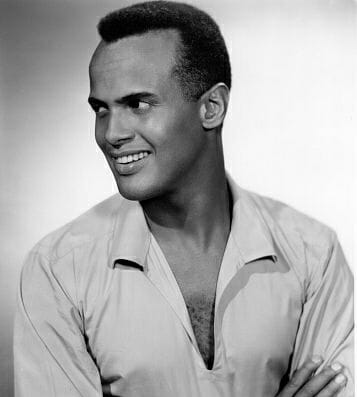Sing Your Song

Sing Your Song is a résumé disguised as a documentary film. It provides a detailed, meticulous outline of the life of Harry Belafonte, complete with notable achievements and personal references (including Martin Luther King, Jr.!). And while director Susanne Rostock deserves credit for compiling the man’s remarkable life in an entertaining, easy-to-engage format, the film is utterly canned.
When younger people think of Belafonte, they usually think of his famous recording of “Day O (The Banana Boat Song).” Others remember seeing him on The Muppet Show. Some mistakenly think he sang “Don’t Worry Be Happy.” But the singer, actor and activist has a rich list of accomplishments that goes beyond his renditions of folk songs.
Belafonte was never the single face of a movement, but he never hesitated to lend his name and resources to causes he believed in, from Civil Rights in the 1950s to recent protests against the war in Iraq. Sing Your Song reveals how he fought for racial equality both on the frontlines and through his art, including performances in several hot-button films. He revealed himself as a man of high principles on many occasions during the ’50s and ’60s, when he refused to compromise on TV and film productions when producers were afraid to depict mixed-raced relationships.
-

-

-

-

-

-

-

-

-

-

-

-

-

-

-

-

-

-

-

-

-

-

-

-

-

-

-

-

-

-

-

-

-

-

-

-

-

-

-

-








































